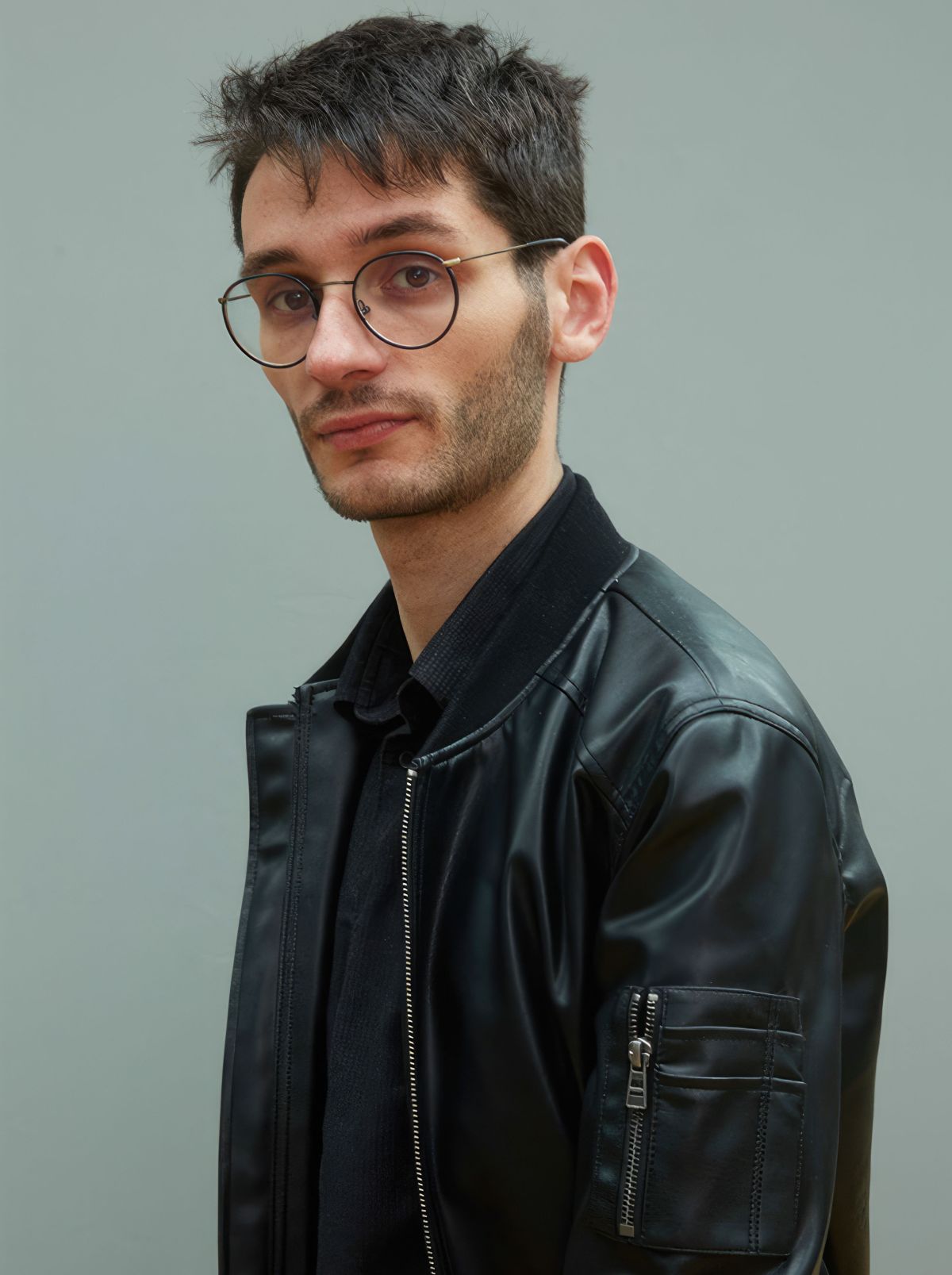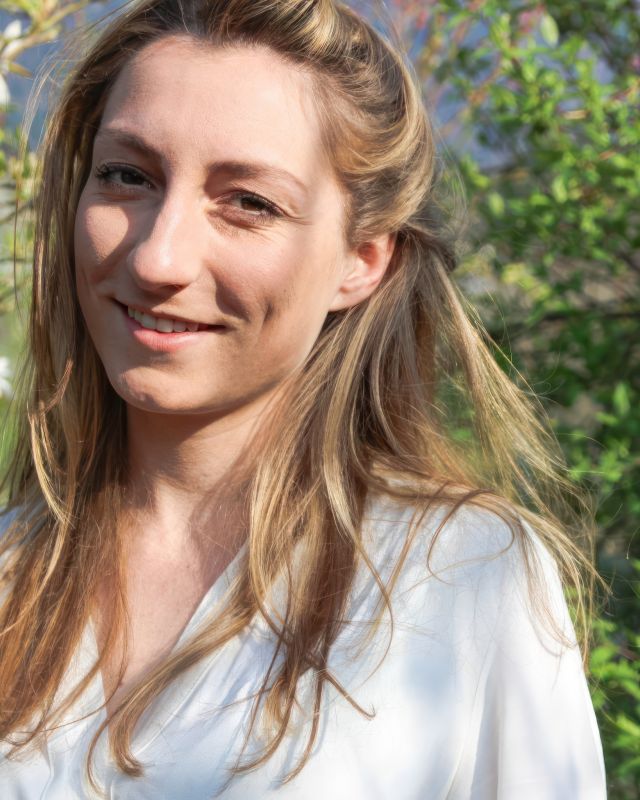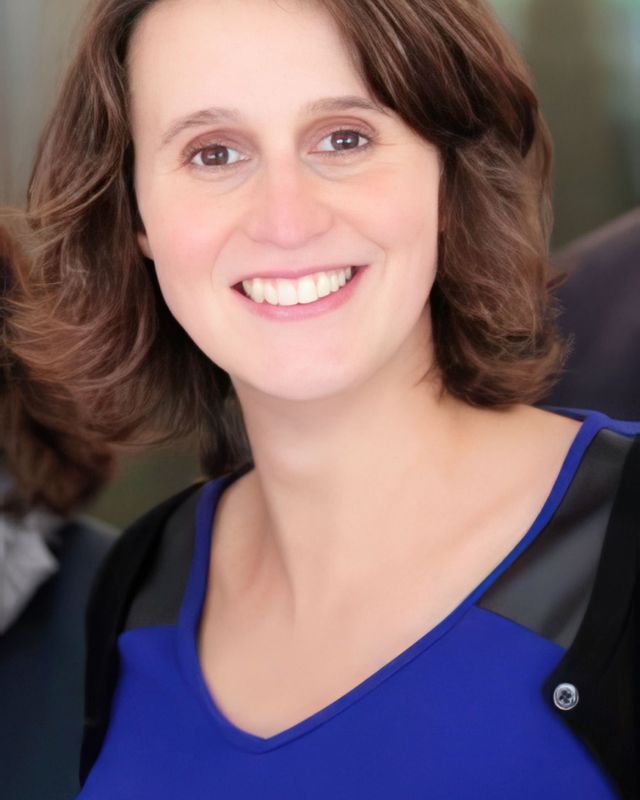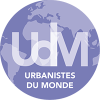Portrait

Hugo Christy - GLM 2012 - Director of Ideas, Content & Communities at REI Habitat
Posted on | Alumni Portrait
How does one become an Ideas Director?
Hugo Christy is a 2013 GLM, who went on to work full time for Anne Hidalgo, at the time First Deputy in charge of urban planning and architecture, then moved to Manila (ICLEI) and finally, became a journalist, published a book and... here's something to learn from and savor the many tips shared.
Professional insertion, from G to L to M...
Over the years, I have had the pleasure of devoting myself to very different - and, ultimately, very complementary - activities. After a capstone at APUR for an international comparison of large metropolitan institutions (the idea was to feed the reflection on Greater Paris), I chose to take a break from my studies in 2012, to work full time with Anne Hidalgo, at the time First Deputy in charge of urban planning and architecture. This gap year, close to the place where political decisions are made, was absolutely fundamental for me.
Then, to complete my GLM master's degree, I did my final internship in Manila, in the Southeast Asia branch of ICLEI, to manage a climate change adaptation program in 8 cities, in Thailand and in the Philippines. In addition to an awareness of environmental issues, I gained a better understanding of different "ways of doing things", with their vices and virtues - including, in a way, our own.
Upon my return, a change in life made me - temporarily - move away from the operational side of things: I became a journalist in a specialized professional media, Cadre de Ville. This position of watchdog was extremely valuable for almost 4 years, and allowed me to write daily for a public of decision-makers on all subjects related to development, real estate, architecture and urbanism; and thus to analyze the major movements of the moment, to meet the actors, and to draw lessons from them.
More generally, being a journalist also means being involved in the life of ideas in one's professional ecosystem - which I have tried to do through the organization of multiple events (colloquia, conferences, trade shows...), the publication of a book deciphering the workings of this famous "negotiated urbanism" that excites some and terrifies others, or by teaching at the Université Paris-Est Marne-la-Vallée.
You take part in the life of ideas, where are yours?
Act or write, you have to choose: since March 2017, I'm back in the field of the concrete and real project. I joined REI Habitat, a pioneering developer of wooden multi-family housing, and committed to inventing future solutions for the environment and the city of tomorrow. With a simple certainty: the real estate sector is struggling to move as fast as the world around it. Yet it is here that the most interesting levers for building a new model of city - and perhaps even a new model of society - lie.
So what are you doing right now?
Director of Ideas, Content & Communities at REI Habitat, I am involved in the launch of a new structure: ReMake - a multi-purpose experimentation/action unit, which will make it possible to bring new ideas to fruition, and to manage private projects of general interest by combining R&D, makers and new economic models. This is an extremely innovative initiative that is helping to revolutionize the developer's profession, making it a virtuous and committed player. With a few emblematic projects already in the pipeline. To be continued...
Final advice for students or young graduates
Until recently, the creation and administration of the city followed a chain logic, starting with the political decision and ending with the inhabitant. Between the two, the professions were organized in sequences: developer, urban planner, architect, engineer, public works...
Today, for various reasons, this simple and efficient model is breaking down. The ways of doing things have never been so flexible, complex and intertwined. At the same time, we continue to train a large number of specialized and useful professionals: architects for buildings, urban planners for neighborhoods, landscapers for public spaces, engineers for structures, economists for financial statements, ecologists for fauna and flora... And so on.
These professions will remain indispensable. But rare and precious are those who will succeed in making inventive back and forth between disciplines that did not communicate with each other until recently. Conclusion: the future belongs to hybrid profiles. My advice is: multiply your approaches, learn to manipulate strategic skills, be interested in everything, and go out and meet all the professions.
This is what we are already seeing in the new generations: we are seeing the emergence of architects-economists, urban planners-tax specialists, urban political scientists, developers, lawyers-farmers... Not to mention the professions that are being called upon earlier and earlier in the projects: technicians and construction workers, philosophers, festival-goers, historians, sociologists, designers, consultation professionals... Not to mention, either, those new players who have simply invented new professions, in response to a certain appetite for a different city: urban campers, temporary occupation professionals, reuse artisans, smart-city vendors...
Louise Thaller - GLM 2015 - A passion for urban development
Posted on April 11, 2017
Louise is a young alumni (GLM 2015), who cultivates great experiences in the urban development sector. She has explored all aspects of this sector: in a design…
Élisa Lelard - STU 2006 - Associate at Open Communities Consulting
Posted on February 23, 2017
Elisa is a pure product of the consulting world where she has spent her entire career. However, her career path has not been monotonous: between niche and gene…
 English
English  Français
Français 




